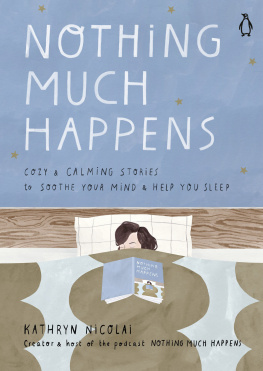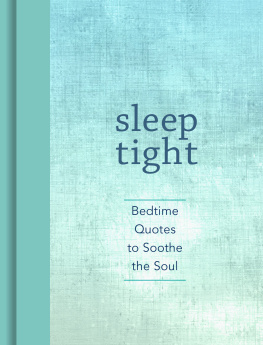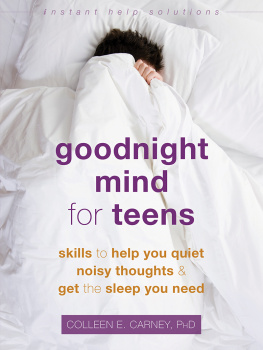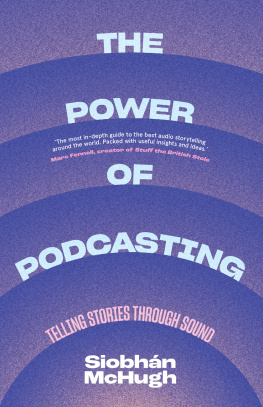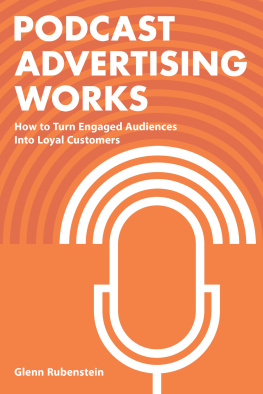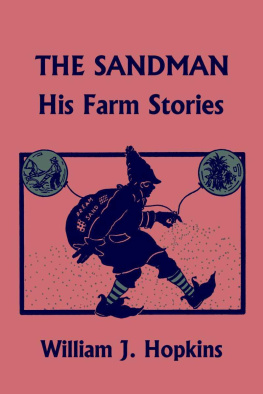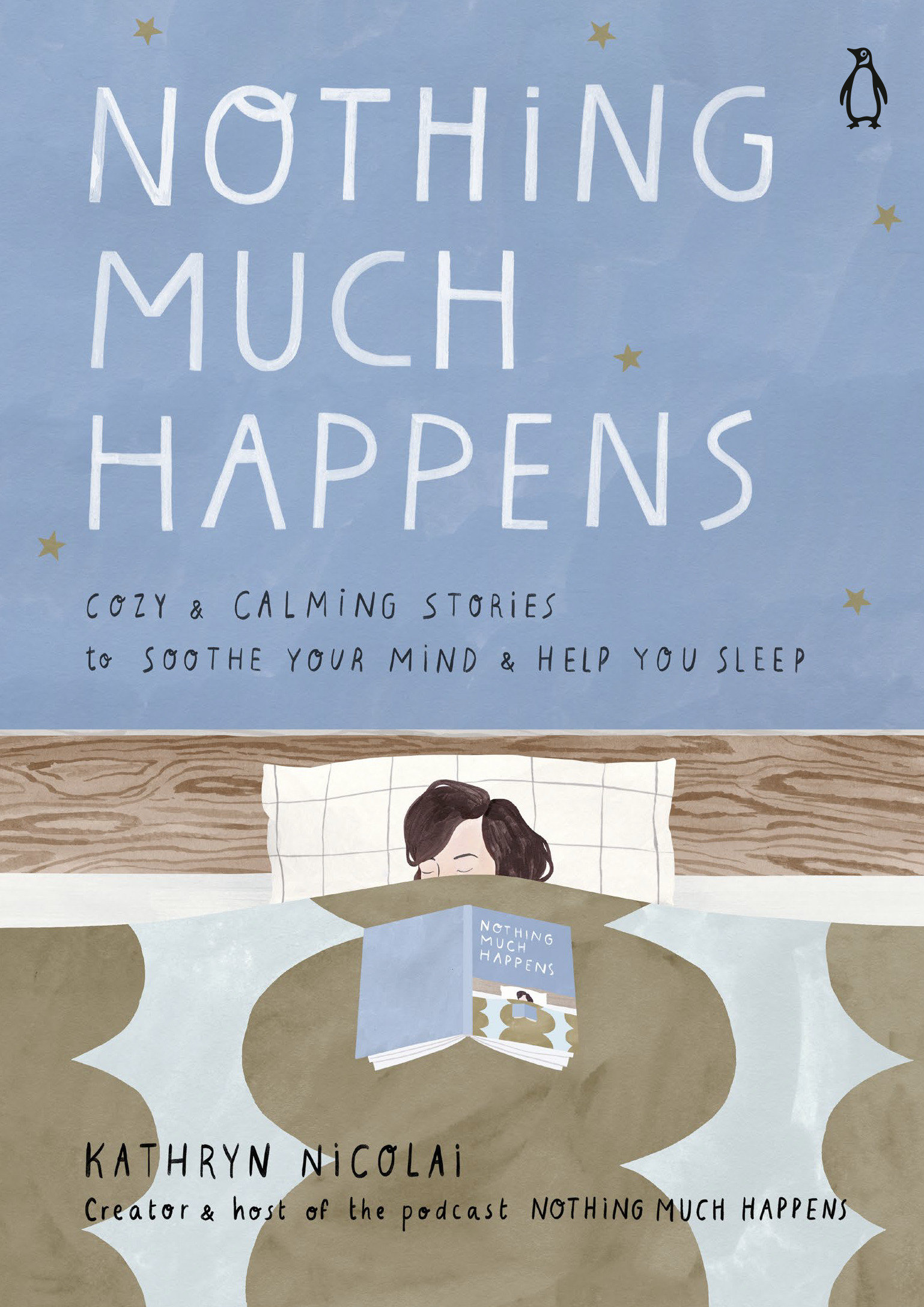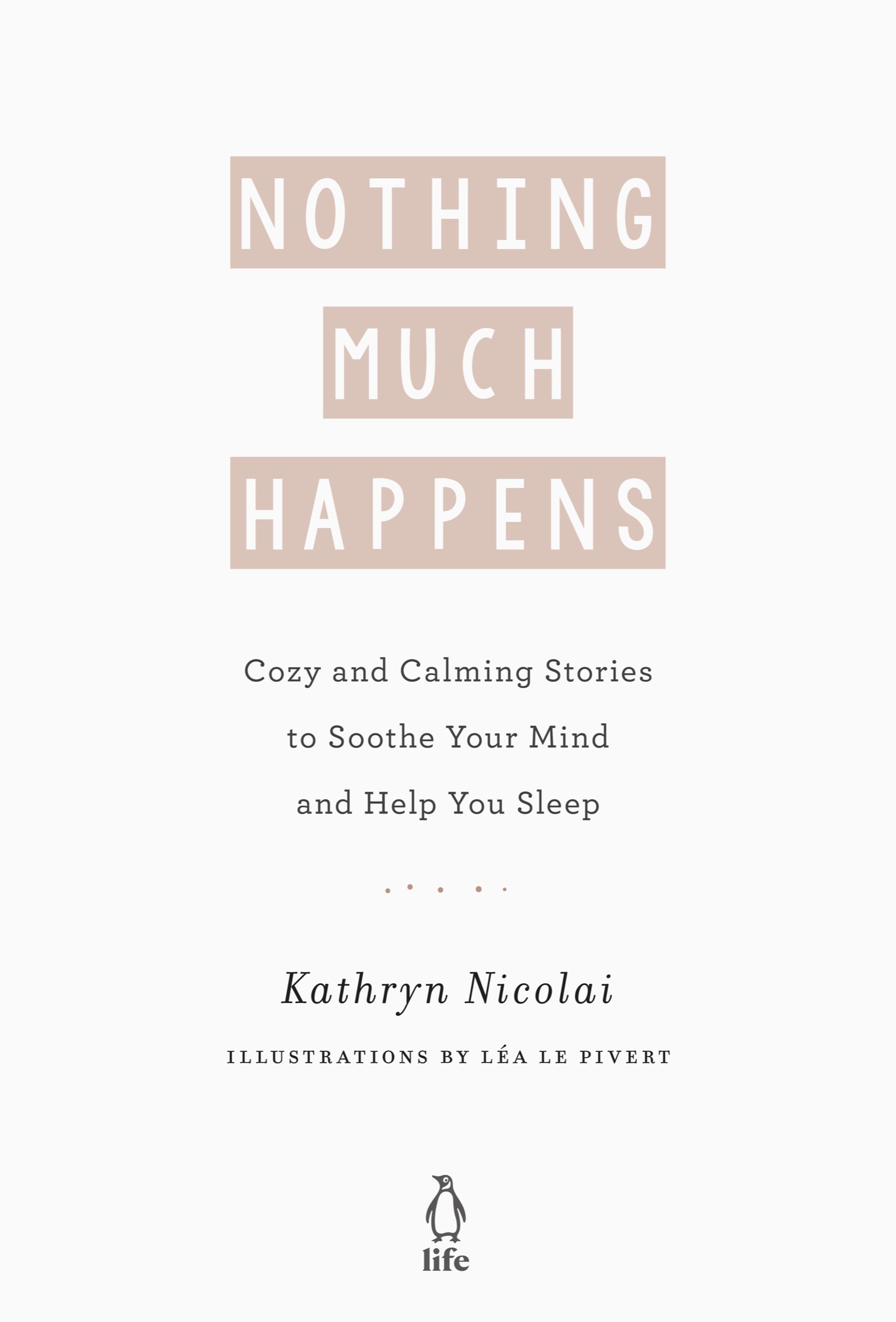Photo by Megan Elise Crimmins-Helton
Kathryn Nicolai is the creator of the enormously successful podcast Nothing Much Happens. Nicolai is an architect of coziness, writing soothing stories that both ease the reader in to peaceful sleep and teach the principals of mindfulness, so that waking hours also become sweet and serene. She leans on her years of experience as a yoga and meditation teacher in order to seamlessly blend together storytelling and brain-training techniques that build better sleep habits over time. She is the owner of Ethos Yoga. She lives in Michigan with her wife and two dogs.
nothingmuchhappens.com
PENGUIN BOOKS
An imprint of Penguin Random House LLC
penguinrandomhouse.com
Copyright 2020 by Kathryn Nicolai
Illustrations copyright 2020 by La Le Pivert
Penguin supports copyright. Copyright fuels creativity, encourages diverse voices, promotes free speech, and creates a vibrant culture. Thank you for buying an authorized edition of this book and for complying with copyright laws by not reproducing, scanning, or distributing any part of it in any form without permission. You are supporting writers and allowing Penguin to continue to publish books for every reader.
LIBRARY OF CONGRESS CATALOGING-IN-P UBLICATION DATA
Names: Nicolai, Kathryn, author.
Title: Nothing much happens : cozy and calming stories to soothe your mind and help you sleep / Kathryn Nicolai.
Description: New York : Penguin Books, 2020. | Includes index.
Identifiers: LCCN 2020022797 (print) | LCCN 2020022798 (ebook) | ISBN 9780143135913 (hardcover) | ISBN 9780525507499 (ebook)
Classification: LCC PR9199.4.N553 A6 2020 (print) | LCC PR9199.4.N553 (ebook) | DDC 791.46/72dc23
LC record available at https://lccn.loc.gov/2020022797
LC ebook record available at https://lccn.loc.gov/2020022798
pid_prh_5.6.0_c0_r0
For Jacqui, who makes my dreams come true
CONTENTS
INTRODUCTION
How to Use This Book
Sleeping should be easy.
After all, its one of the most natural things for us to do; we need rest and we want to sleep. But sometimes we just cant. Whats going on there? Well, most times our brains get in the way. The thinking mind is a bit like a truck with a brick on the gas pedal. It keeps going even when no one is there to steer it, and itll race all night if its allowed to. Add to that racing mind a busy, chaotic world, too much caffeine, and a scary amount of screen time, and it becomes obvious why so many of us arent finding sleep to be so easy.
But not to worry, friends; we can reclaim easy sleep and all the benefits and goodness that come along with it. Itll take a little practice and the discipline to set a routine in place, but I promise before long youll be getting to sleep faster and staying asleep longer than you have since you were a kid. Youll wake up feeling rested and relaxed, and you might even find that these stories plant a few extra seeds of mindfulness in your waking life as well. (Bonus!)
Sleeping is a modern superpower. Stories are old magic.
One of my earliest memories is of lying in bed and telling myself a story to fall asleep. I was probably four years old, and I still remember the story: a rags-to-riches tale with suspense and the sort of twists of fate that were part of the fairy tales my parents read to me. It had a happy, satisfying ending, and no matter how many times I told it, it worked to settle me before bed.
Whether I was using my own imagination to piece together a plot by moonlight or my parents sat on the edge of my bed reading someone elses tale, I naturally gravitated to the time-honored tradition of telling a story to prepare for sleep. The truth is, Ive never stopped telling myself stories when I climb into bed at the end of each day. And though theyve evolved to feature fewer pirate ships and dastardly villains and more simmering pots of soup and sleeping dogs, they still work just as well.
We tell stories before bed for a good reason. Stories help us make sense of things; they can point us in a useful direction and give us a way to step out of the present and into a new place and time. They offer new perspectives and new ways of imagining our livesand the lives of others. And when theyre told in a certain way, they can help us calm down.
Ive been a full-time yoga teacher for seventeen years, and a regular meditator since 2003. In that time, Ive learned a lot about how to trigger the bodys relaxation response and how the principles of mindfulnesspaying attention to what is happening moment to moment in a relaxed wayhelps staticky minds to quiet. Along the way Ive studied a bit of neuroscience, and my library, along with books about physiology and pranayama, is stocked with books about brains and how to train them.
One of the key things I learned was that neurons that fire together wire together, which means that good habits can be a matter of practice. I had certainly experienced that myself: I had trained my brain over the years with my lifelong practice of using stories to sleep, and now sleep and relaxation are an automatic response to supine storytelling.
But as I got older, I began to hear friends and family talking about their sleepless nights, anxiety, and chronic insomnia. I started to see just how debilitating those conditions can be, from increasing our risks for heart disease, depression, and anxiety to generally just feeling lousy and grouchy. I realized my storytelling practice was actually a secret superpowerone other people desperately needed. But barring literally being there with them as they tossed and turned (which is both creepy and impractical), I wasnt sure how to help.
One night I was (ironically) up in the middle of the night with my aging dog. As I sat with my beagle and rubbed her back, it hit me. A podcast with my stories. I could tuck people in at night with my voice. I could be there with my friends and family (and hopefully some other folks too) at bedtime. That night, sitting on the floor at three in the morning, I ordered a microphone.
Nothing Much Happens launched about six weeks later, and almost immediately I saw that my hunch was correct. I started to receive messages from listeners all over the world who told me that they were sleeping through the night for the first time in years or decades. This superpower was shareable.
I also began to hear about the other ways that listeners were using the stories. I heard about the man who listened while getting his chemotherapy, about the woman whod been afraid to go to bed for years because of night terrors but now looked forward to tucking herself in at night and having pleasant dreams for almost the first time in her life. People wrote to say they had successfully gotten off sleep medications and that they felt rested and alert when their alarms went off in the morning. Families told me they listened together before bed and that little ones whod been running around the house chicken-sans-head style had settled and slept within minutes. People listened when they felt anxious and then they felt better. Artists wrote to say they liked to listen while they drew or sculpted, and sometimes theyd send a picture of the art that the story had inspired.

